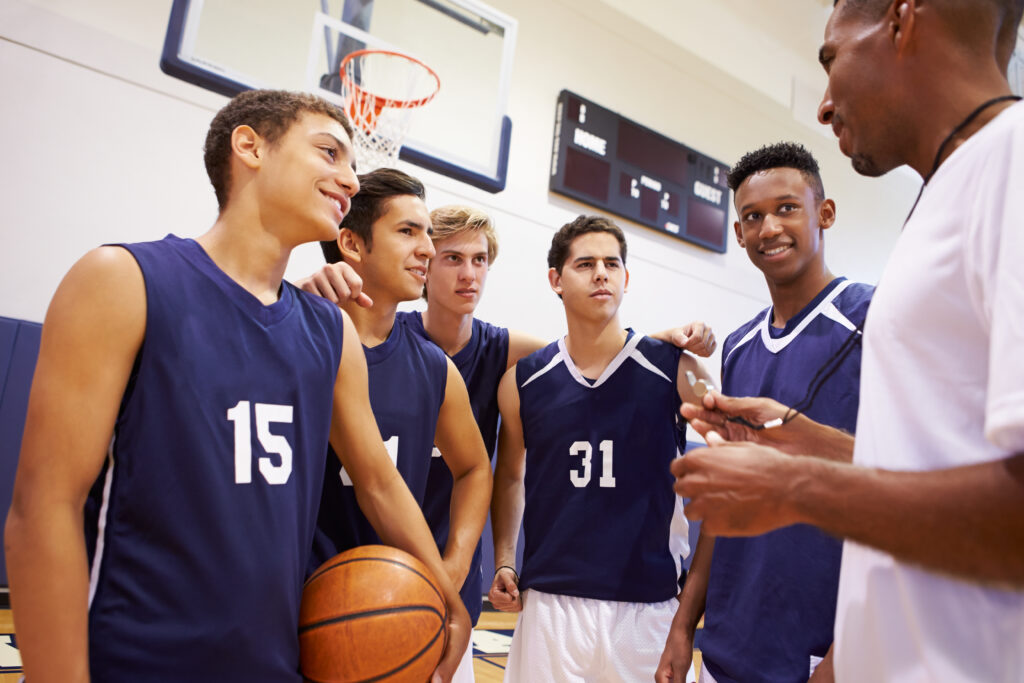How to harness the power of team cohesion in sport

In sport, we often hear athletes and coaches talking about how “united” their team is and the great “chemistry” that they have. Broadly, these terms reflect the concept of cohesion. Cohesion is frequently described as the glue that holds a team together, and as a result, produces positive outcomes for individual athletes (for example, increased…
Adjusting coaching to suit athlete attachment styles
The relationship between coach and athlete can make or break an athlete’s experience. Recent research shows that understanding an athlete’s attachment style can help coaches tailor aspects of their communication and behaviour to best suit the athlete’s needs.
Young gymnast injury risks
Young gymnasts are most at risk for growth-related and overuse injuries. Two risk factors of these types of injury are maturation and training load. Currently, little is known regarding coaching knowledge and practice related to these risks. This study examines coach knowledge and identifies gaps to help promote athlete safety.
Creating conditions for psychological safety
Ensuring that athletes feel comfortable voicing their opinion (and have it considered and respected) is an important aspect of psychological safety in sport. A recent study of 379 athletes showed that those who felt they could be open with their coaches and teammates were more likely to feel psychologically safe, and to have a positive…
Perspectives on doping from Para coaches
Less research has focused on doping in Paralympic sport than Olympic sport. A recent study focused on Para sport coaches showed that they identify doping as an issue in Para sport and that it often stems from financial incentives and pressure to win.
In addition to warming up, “priming” may help athletes perform
Everyone knows to warm up before competing, but have you heard of “priming” beforehand? Priming is a round of non-tiring exercise that is done the day before or morning of a competition. Research shows priming may improve performance, as well as reduce athlete pre-competition stress.
Flourishing student-athletes
Researchers have found that athletes who were identified as “flourishing” or maintaining wellbeing in university sport did so through managing commitments, communicating with coaches, looking for positives, reflection, and taking a break from sport. These results are strategies that may help promote and protect mental health among student-athletes.
Clearing the air around air quality and outdoor sport safety
Highlights In 2022, Health Canada and the Sport Information Resource Centre partnered to create educational resources to raise awareness about air quality and the safety of outdoor sport participation Air pollution can impact the health of all Canadians, but some groups, including people engaged in outdoor sport and exercise, are at an increased risk Monitoring…
Non-verbal communication in sport
Sport researchers have demonstrated that unspoken communication is crucial, especially for coaches. Athletes respond to coaches’ body language more frequently and quickly (4.5 times faster) than verbal communication. To promote effective communication, coaches should be direct, take time to consider the best ways to communicate with athletes, and remember that their body language and timing…
Climate change and the future of the Winter Olympic Games: Athlete and coach perspectives

Project summary The International Olympic Committee recognizes the risks climate change pose to the Games and its responsibility to lead on climate action. Winter is changing at the past Olympic Winter Games (OWG) locations and an important perspective to understand climate change risk is that of the athletes who put themselves at risk during these…